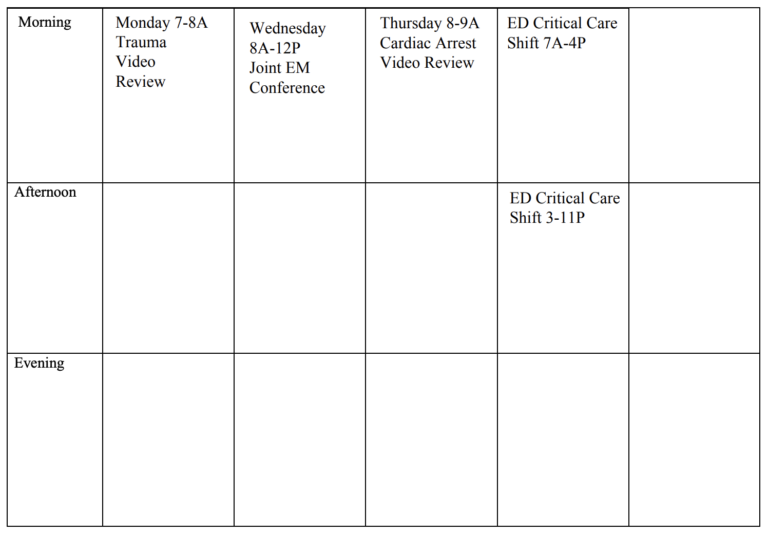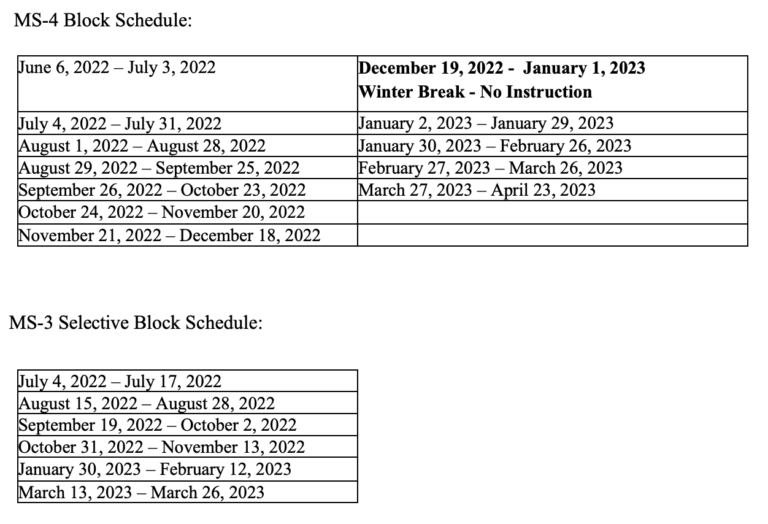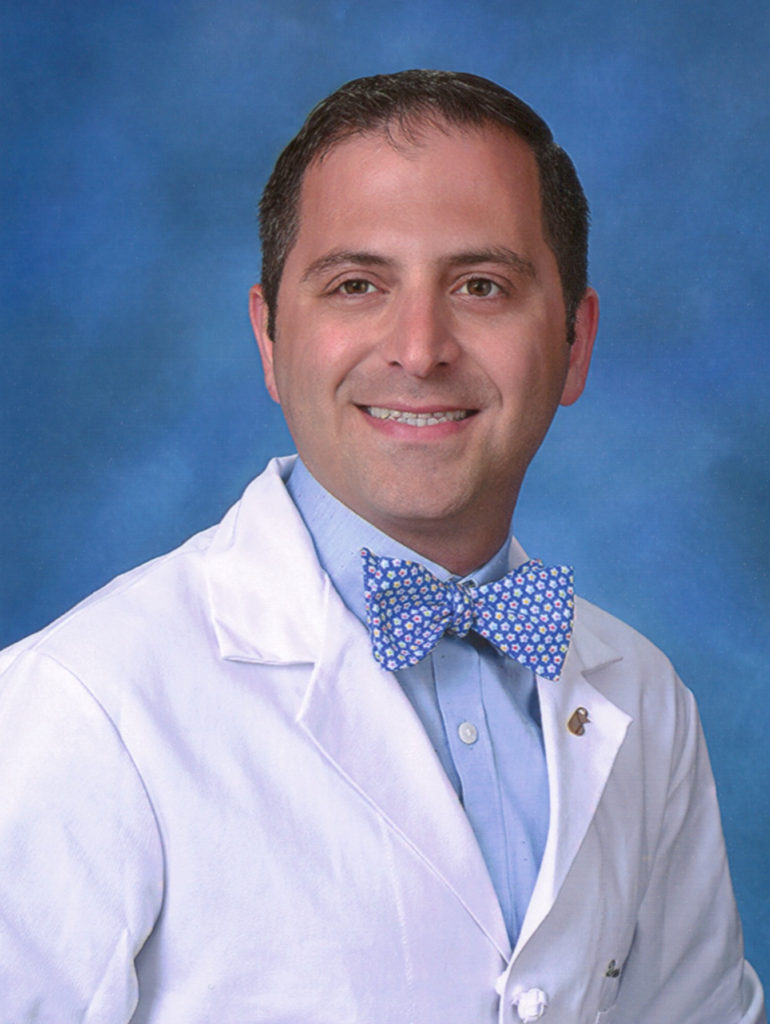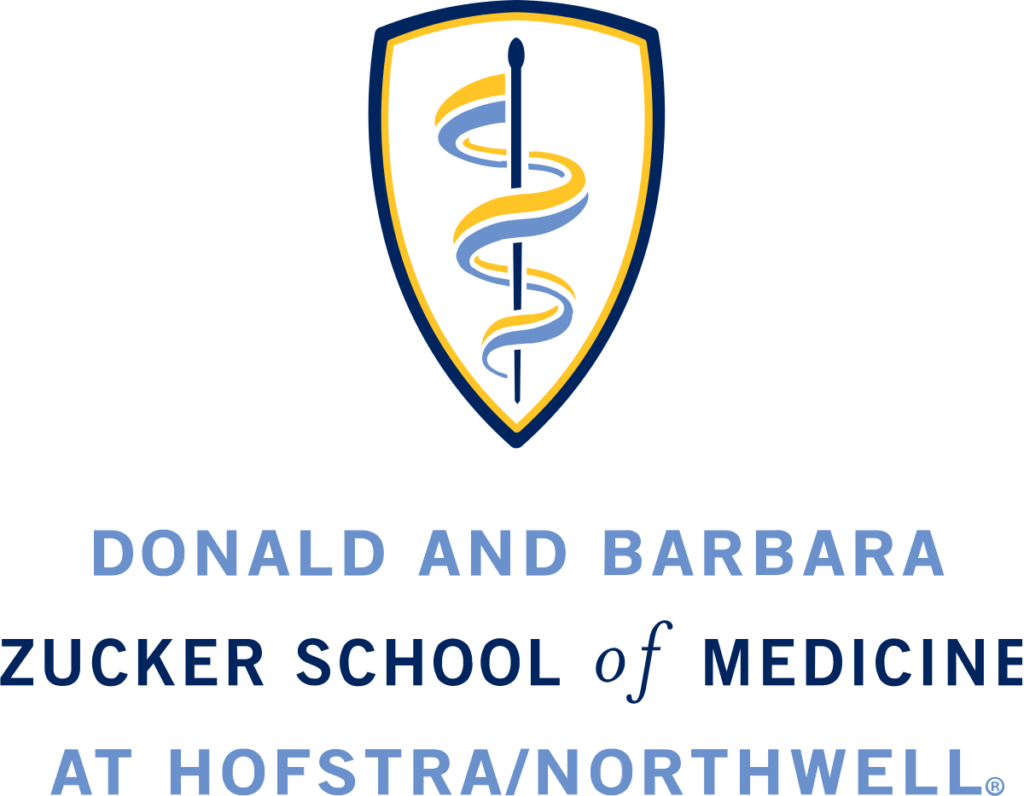EMERGENCY MEDICINE RESUSCITATION ELECTIVE
Rotation Overview
The Emergency Medicine Resuscitation Elective is a unique opportunity for aspiring medical students interested in emergency medicine and critical care. Offered by the Division of Critical Care in the North Shore University Hospital Emergency Department, the elective offers students hands-on experience working alongside dual-trained emergency medicine-critical care faculty in the management of undifferentiated patients presenting in extremis to the emergency department at Northwell’s Level 1 Trauma Center. Rotating students will encounter a wide range of clinical presentations with patients in critical condition secondary to trauma, sepsis, cardiac arrest, myocardial infarction, and numerous other conditions. This section of the emergency department consists of four distinct trauma bays and three critical patient rooms. The rotation will include opportunities to work with critical care trained EM faculty from all four major training pathways: medical, surgical, neurosurgical, and anesthesia critical care.
The fourth-year elective is structured to prepare students to care for critically ill patients, and introduce them to critical care fellowship pathways for emergency medicine trained physicians. Students are encouraged to seek attending faculty perspectives regarding preparation for residency and potential career paths, as well potential fellowship training opportunities in critical care. The rotation also serves to acquaint students with academic and professional opportunities, and offer interested students the chance to participate in resuscitation and acute care research projects currently ongoing in the Emergency Department Division of Critical Care.
Rotation Details
The rotation will consist of four 9-hour shifts weekly, with a total of 16 shifts over the course of the four week rotation. Students will participate in bedside teaching with the senior resident and attending. Imaging and other diagnostic tests including bedside ultrasound, will be reviewed with attendings in order to familiarize students with the tenets of emergency radiology image interpretation to expedite care. Students will be expected to assist with patient evaluations regarding pertinent history, physical exams, patient reassessments, bedside ultrasound use, and patient treatment. Students will also assist in advanced emergency department procedures (i.e. tracheal intubation, chest tube placement, ultrasound guided peripheral IVs, intra osseous access, central venous access, arterial access, transvenous pacing, etc.) in the critical care area.
Education outside the emergency department will include weekly trauma and cardiac arrest video reviews lead by critical care trained faculty, in addition to the weekly general emergency medicine conferences. Trauma video review sessions recur on Monday mornings and provide a forum for the discussion of recent trauma activations recorded on trauma bay camera footage as part of a quality improvement project by the Division of Trauma. Cardiac arrest video review recurs on Thursday mornings biweekly to serve a similar purpose, in addition to being part of a research initiative. Residents and ancillary staff in the ED have recognized these reviews as an invaluable source of learning. Video review sessions are lead by CC-EM faculty, and focus on the review of resuscitations and post-arrest care in an interactive setting. During their second cardiac arrest conference, rotating students will be required to present a case from their rotation including a discussion of pertinent diagnostics and patient management. A dedicated faculty mentor will be assigned to prepare and help shape the educational message of this presentation.
Student Evaluations
Rotation Schedule



Dr. Daniel Jafari
Critical Care Elective Rotation Director
Department of Emergency Medicine Critical Care
Email: djafari@northwell.edu

